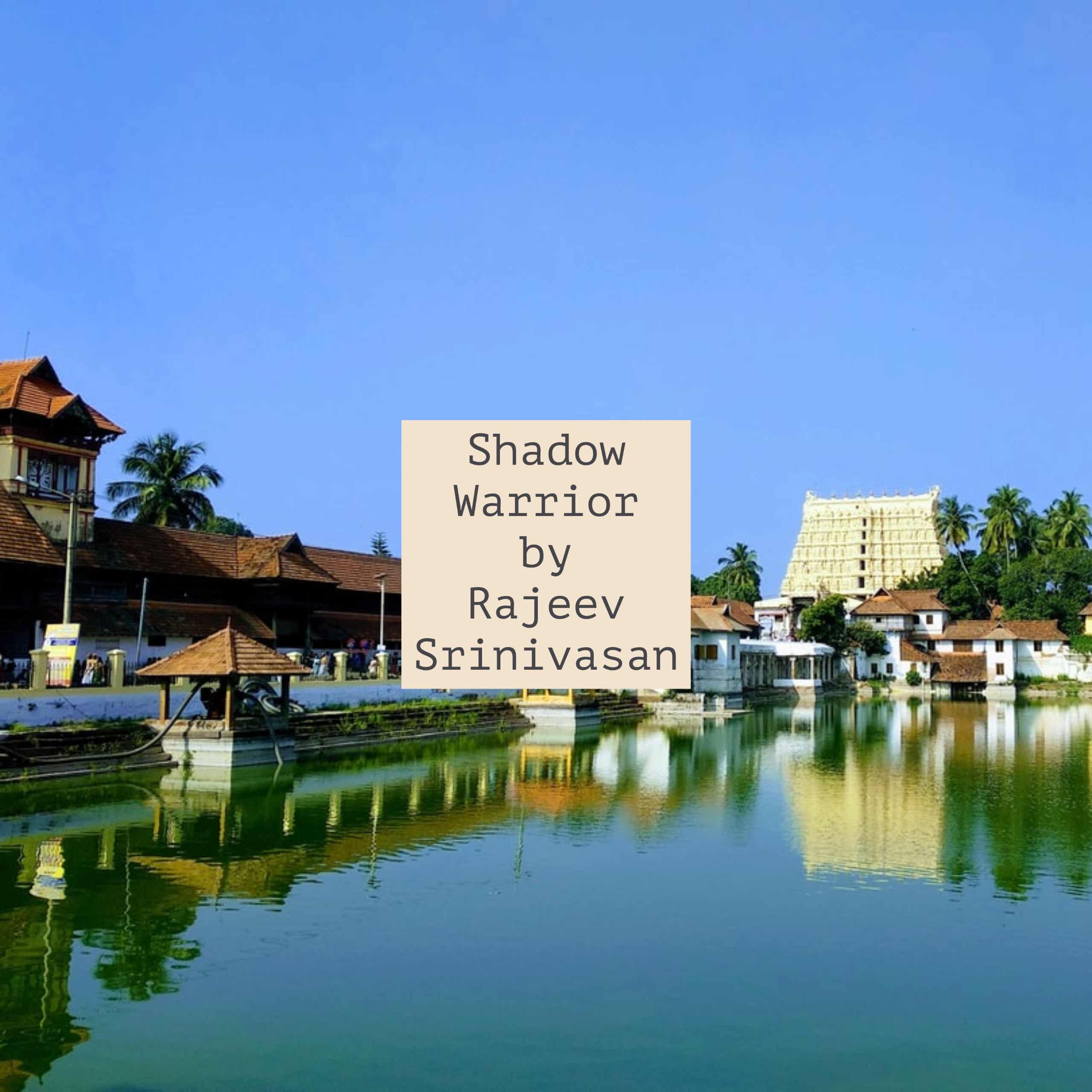Ep. 118: Does the war in Israel mark the end of Pax Occidentalis?
Description
A version of this essay was published by firstpost.com at https://www.firstpost.com/opinion/shadow-warrior-does-the-war-in-israel-mark-the-end-of-pax-occidentalis-13235762.html
The attack by Hamas on Israel may well be remembered in future as marking the very moment the decline of the West became an indubitable fact. Thus October 7th, 2023 may be a point of inflection in geo-politics and geo-economics, although it is true that the economic center of gravity of the world has been moving eastwards (and southwards in future) for some time.
The question really goes to the heart of the so-called ‘liberal rules-based international order’, which is a nice euphemism for ‘America and friends lay out the rules’. To give credit where it is due, this was a pretty good paradigm for the post-World-War-II period, and it helped much of Europe and East Asia advance economically, although it didn’t help India, Africa or Latin America much (and that was partly due to poorly thought-out self-imposed policies as well).
But like all empires and quasi-empires, this one has also deteriorated over time, partly as it was based on the presupposition of overwhelming American dominance. The US was supposed to be the global policeman who could arbitrate if necessary, and offer a bracing dose of punishment if someone erred. But that is no longer the case, as the US is bogged down in arguably futile wars.
The rot goes much deeper, and affects every institution that has been built up by the ‘liberal, rules-based international order’. All of us thought the UN and in particular the Security Council would be champions at preserving world order, unlike the hapless League of Nations. But it has proven singularly ineffective, and the media didn’t even quote the Secretary General or the Security Council making a pro forma plea for peace in Israel on October 7th.
The World Health Organization was another entity that lost much of its credibility in the wake of its hapless performance during the coronavirus pandemic. UNESCO has long since become a woke fortress, shorn of its earlier importance. The World Bank and IMF are so often handmaidens of Western agendas and dogmas (see “Confessions of an Economic Hit Man”) that nobody mourns their eclipse as new lending institutions arise.
The Nobel Prizes, we were brought up to believe, were the ultimate in impartial recognition of excellence. Perhaps in the sciences they still have some value, but the moment the Peace Prize was given to Henry Kissinger (and Le Duc Tho who had the grace to reject it), it became evident that it was political. Of course, never giving the Literature Prize to Leo Tolstoy had damaged it way back (Sully Prudhomme got it instead. Sully, a household name!).
The less said about the Economics Prize the better. Just look at the Indian-origin winners or the New York Times columnist. I think I can rest my case.
In passing, there is this reputation that the Scandinavians have for fair play, partly because of the Nobels, and partly, I imagine, because they are blond, blue-eyed Vikings. But increasingly I have noticed that their antics on the environment (“How dare you!”), on politics (“we can judge the quality of your democracy via V-dem index”), on psychology (“happiness index”) and various others things suggest that some gaslighting is going on. But that’s just by the way.
The other institutions that we have always depended on are the media. It was practically a given for most of us that the BBC was objective and trustworthy, the VoA a little less so, and Pravda was full of propaganda. The NYT was the gold standard, the Economist and the FT were, if not paragons, worthy of respectful attention, despite charges of ‘manufacturing consent’.
And the Lancet was impeccable, the very fountainhead of medical wisdom. During covid, it was stunning to find them endorsing research by an entity called Surgisphere, which, I wrote at the time in “Pious Frauds” (Op
More Episodes
A version of this essay has been published by firstpost.com at https://www.firstpost.com/opinion/opinion-what-makes-trump-a-better-candidate-for-india-and-world-13831800.html
An AI-generated (courtesy notebookLM.google.com) podcast based on this essay is here:
In all humility, I accept that my...
Published 11/03/24
The potential consequences of a Trump presidency for India span multiple dimensions, including military, economic, trade, cultural, financial, and social aspects. Here’s an overview of these impacts:
Military and Geopolitical Implications
- Defense Ties: Under Trump, India may continue to...
Published 10/27/24


